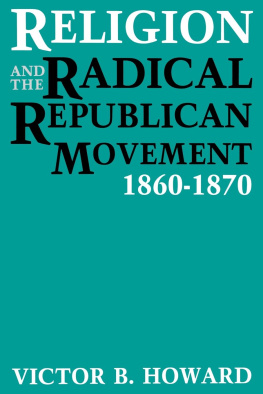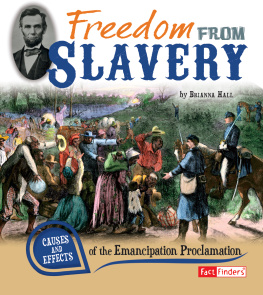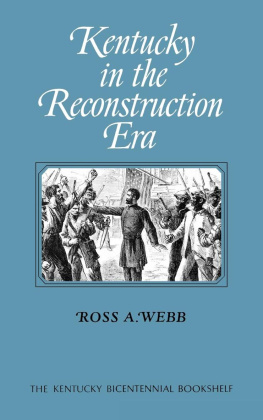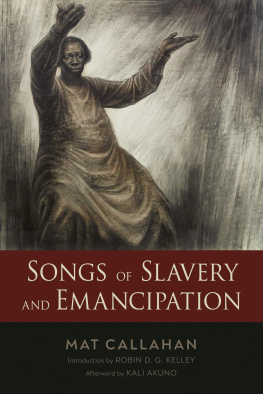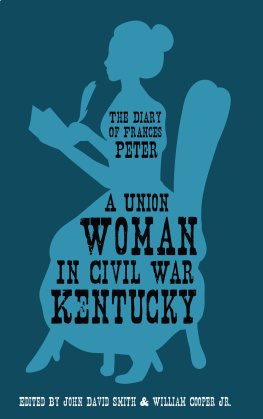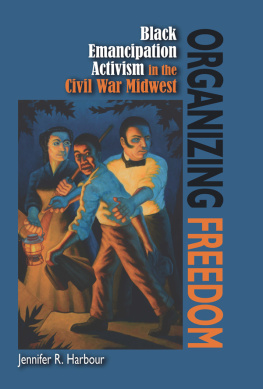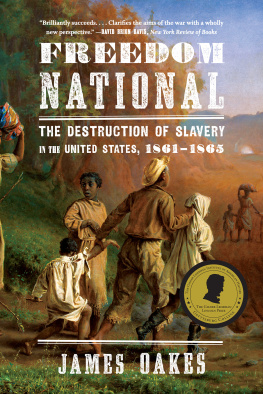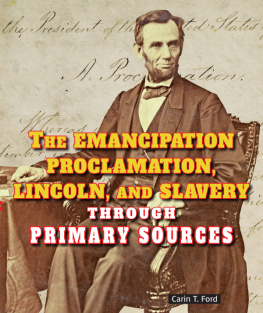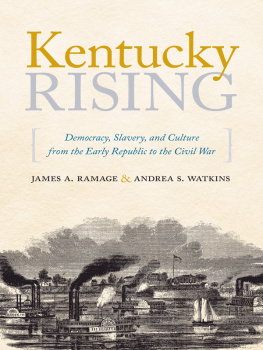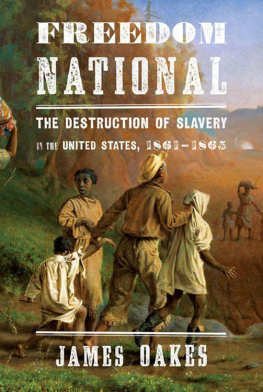Victor B. Howard - Black Liberation in Kentucky: Emancipation and Freedom, 1862-1884
Here you can read online Victor B. Howard - Black Liberation in Kentucky: Emancipation and Freedom, 1862-1884 full text of the book (entire story) in english for free. Download pdf and epub, get meaning, cover and reviews about this ebook. year: 2021, publisher: University Press of Kentucky, genre: Romance novel. Description of the work, (preface) as well as reviews are available. Best literature library LitArk.com created for fans of good reading and offers a wide selection of genres:
Romance novel
Science fiction
Adventure
Detective
Science
History
Home and family
Prose
Art
Politics
Computer
Non-fiction
Religion
Business
Children
Humor
Choose a favorite category and find really read worthwhile books. Enjoy immersion in the world of imagination, feel the emotions of the characters or learn something new for yourself, make an fascinating discovery.

- Book:Black Liberation in Kentucky: Emancipation and Freedom, 1862-1884
- Author:
- Publisher:University Press of Kentucky
- Genre:
- Year:2021
- Rating:4 / 5
- Favourites:Add to favourites
- Your mark:
Black Liberation in Kentucky: Emancipation and Freedom, 1862-1884: summary, description and annotation
We offer to read an annotation, description, summary or preface (depends on what the author of the book "Black Liberation in Kentucky: Emancipation and Freedom, 1862-1884" wrote himself). If you haven't found the necessary information about the book — write in the comments, we will try to find it.
Kentucky occupied an unusual position with regard to slavery during the Civil War as well as after. Since the state never seceded, the emancipation proclamation did not free the majority of Kentuckys slaves; in fact, Kentucky and Delaware were the only two states where legal slavery still existed when the thirteenth amendment was adopted by Congress. Despite its unique position, no historian before has attempted to tell the experience of blacks in the Commonwealth during the Civil War and Reconstruction.
Victor B. Howards Black Liberation in Kentucky fills this void in the history of slavery and emancipation. In doing so, however, he does not just chronicle the experiences of black Kentucky, because as he notes in his introduction, such a work would distort the past as much as a book concerned solely with white people. Beginning with an overview of the situation before the war, Howard examines reactions to the emancipation proclamation and how the writ was executed in Kentucky. He also explores the role the army played, both during the war as freed black enlisted and after the war as former slaves transitioned to freedom.
The situation for former slaves in Kentucky was just as precarious as in other southern states, and Howard documents the challenges they faced from keeping families together to finding work. He also documents the early fights for civil rights in the state, detailing battles over the right to testify in court, black suffrage, and access to education. As Black Liberation in Kentucky shows, Kentuckys slaves fought for their freedom and rights from the beginning, refusing to continue in bondage and proving themselves accomplished actors destined to play a critical role in Civil War and Reconstruction.
Victor B. Howard: author's other books
Who wrote Black Liberation in Kentucky: Emancipation and Freedom, 1862-1884? Find out the surname, the name of the author of the book and a list of all author's works by series.

